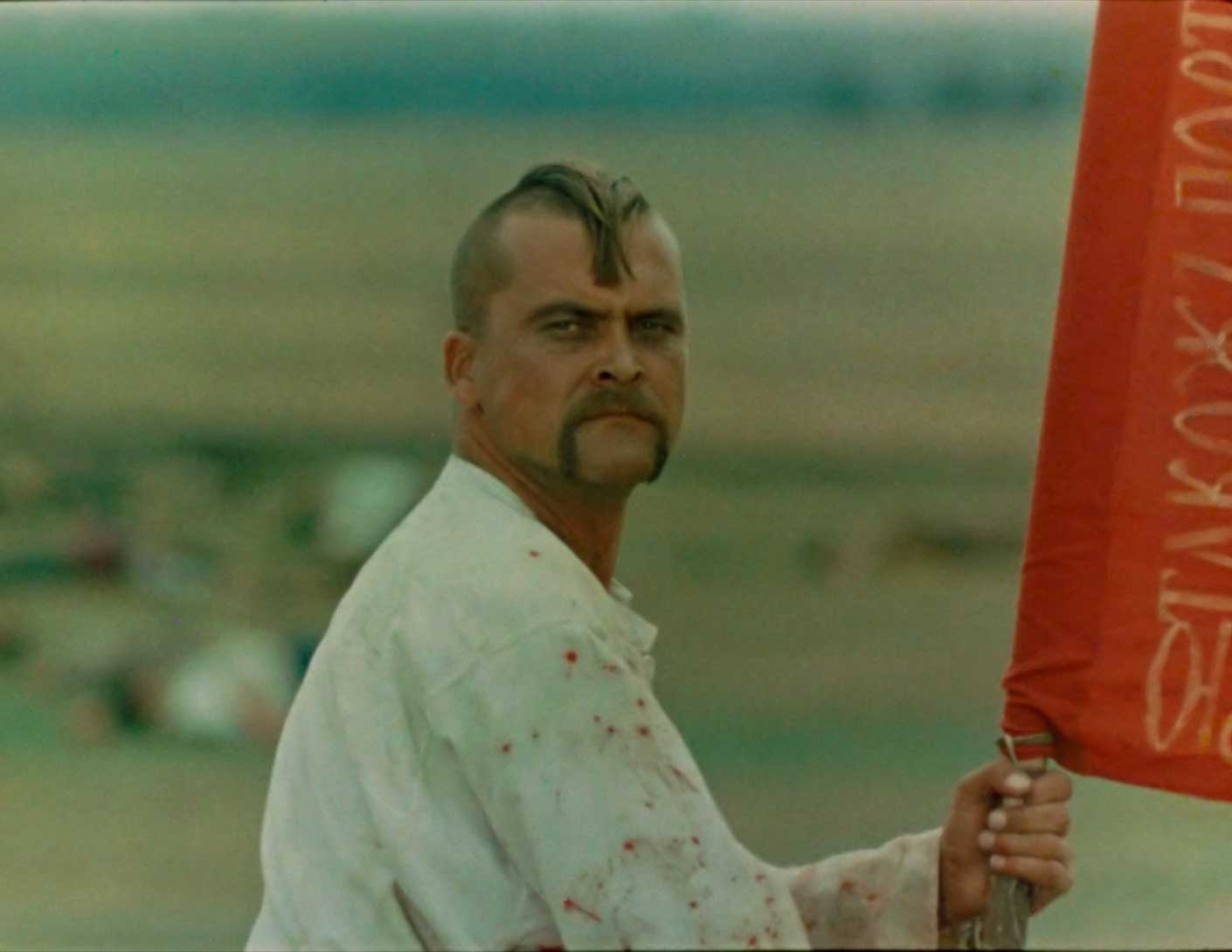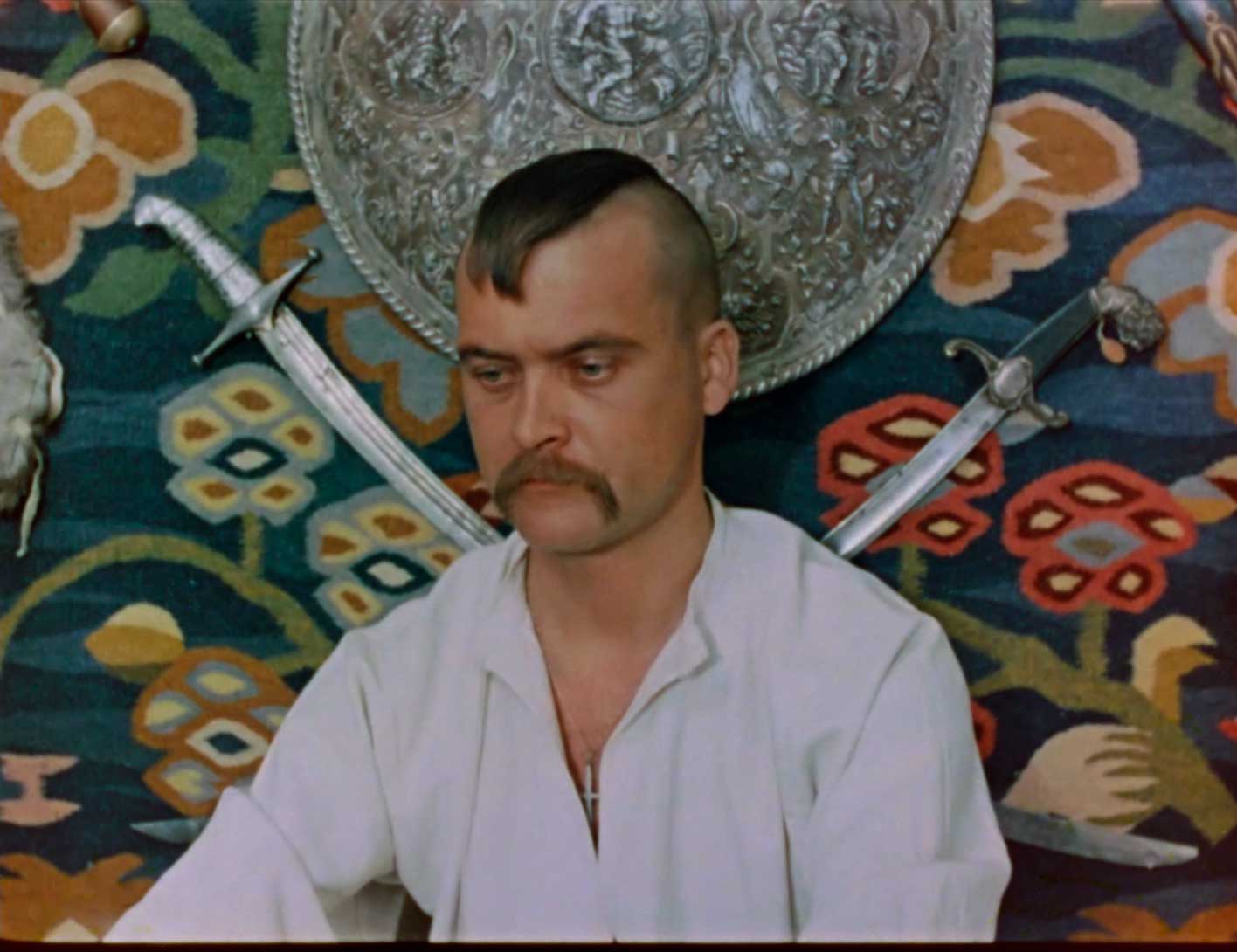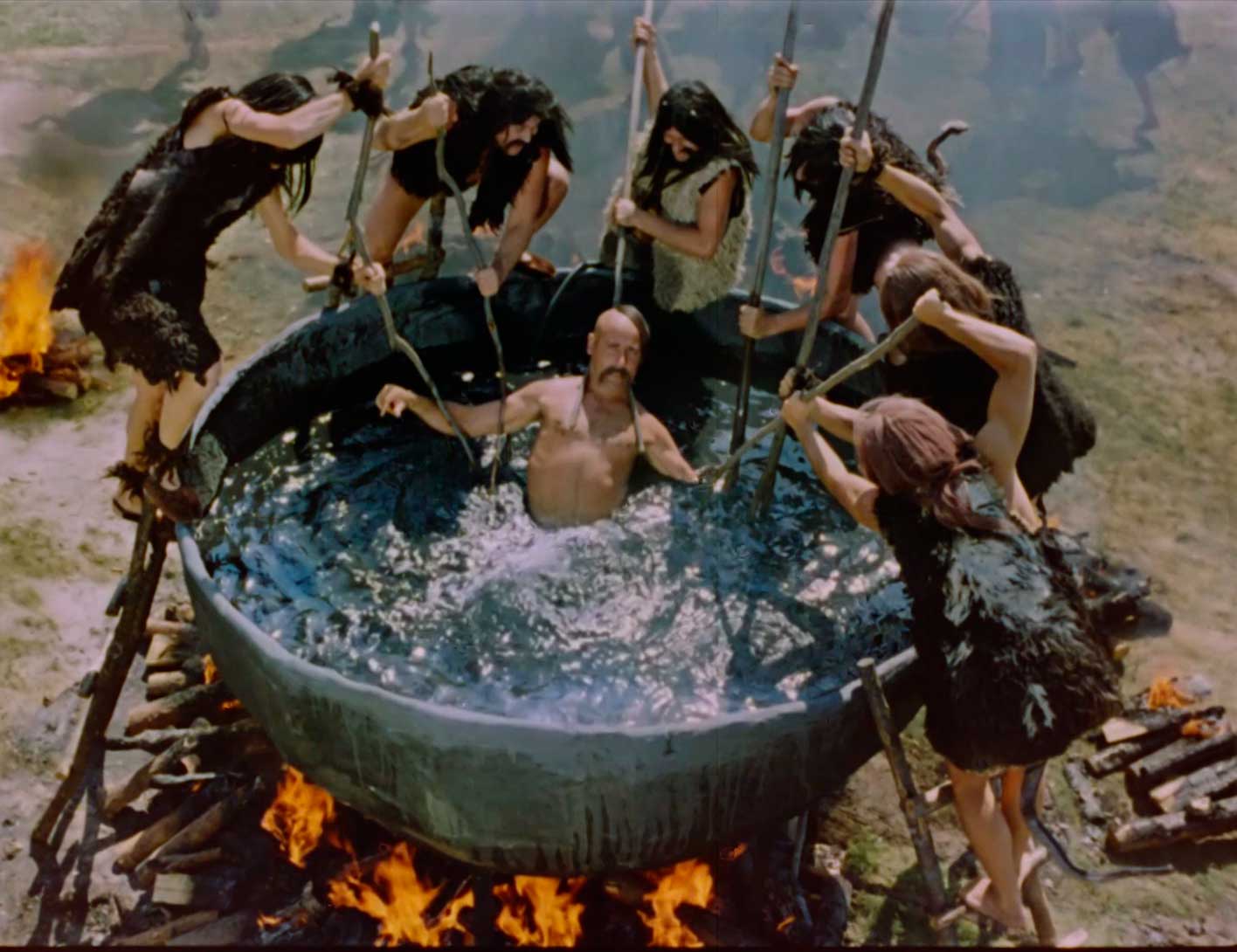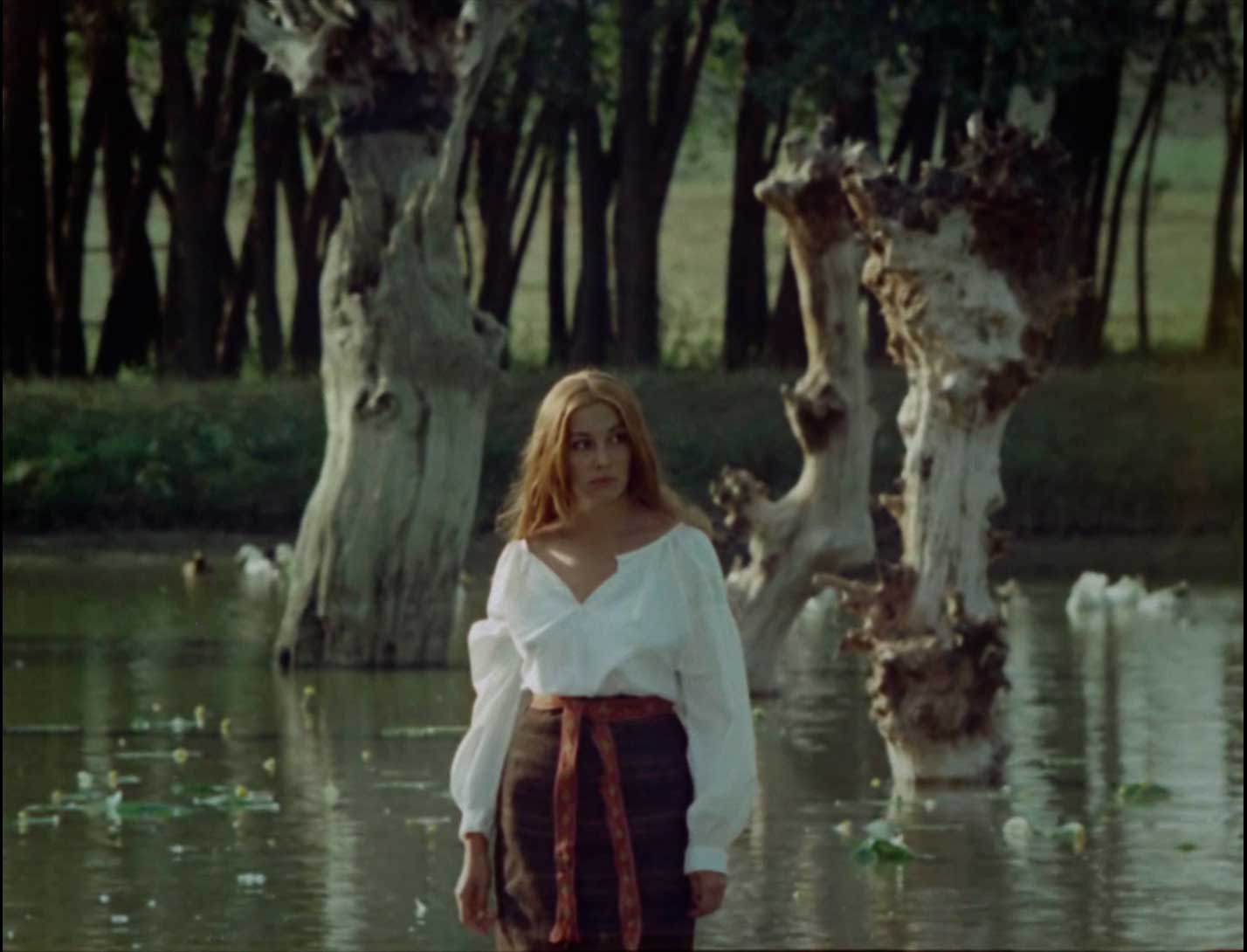
The Lost Letter / Propala hramota
1972
Ukrainian SSR
Oleksandr Dovzhenko Film Studio
79 min
Borys Ivchenko
Ivan Drach
Vitalii Zymovets
Ivan Mykolaichuk, Vasyl Khoroshko, Halyna Dolhozviaha, Fedir Stryhun, Lidiia Vakula, Zemfira Tsakhilova, Mykhailo Holubovych, Volodymyr Hlukhyi, Vasyl Symchych
A loose adaptation of a short story of the same name by Nikolai Gogol. Two Cossacks embark on a perilous journey to St. Petersburg, Russia. They are supposed to meet the Empress herself and deliver to her a letter from their Hetman (Leader of Ukrainian Cossacks). Many fun adventures and trials await the Cossacks on this journey as well as mysterious, and sometimes even mystical, events.
Originally the film was supposed to be directed by the young director Viktor Hres, who had filmed a number of innovative short films (Blind Rain, Blue and Green). However, he was soon replaced by a more experienced director, Borys Ivchenko. Ivchenko was assisted on set by famous Ukrainian actor and director Ivan Mykolaichuk, who played the protagonist in the film.
The screenwriter, Ivan Drach, significantly reworked Gogol’s text, adding numerous references to Hryhorii Kvitka-Osnovianenko, Mark Kropyvnytskyi, and Oleksa Storozhenko. He added folkloric elements, folk songs, and Cossack legends. This turned the film into one of the first serious reinterpretations of Cossack and Ukrainian history within the framework of Soviet cinema, ironically presented in the wrapper of an entertaining adventure comedy movie.
Filming began in 1972. At first it took place in the Poltava region in the village of Krasnohorivka, Velyka Bahachka district, and then in Peterhof (Russia). However, immediately after the film was shown to Communist party censors — and only after a brief screening in Moscow — it was banned as “ideologically incorrect” and put on the shelf of the Dovzhenko Film Studio. The film was officially released eleven years later in 1983. But even then, there were practically no mentions of it in the press.


